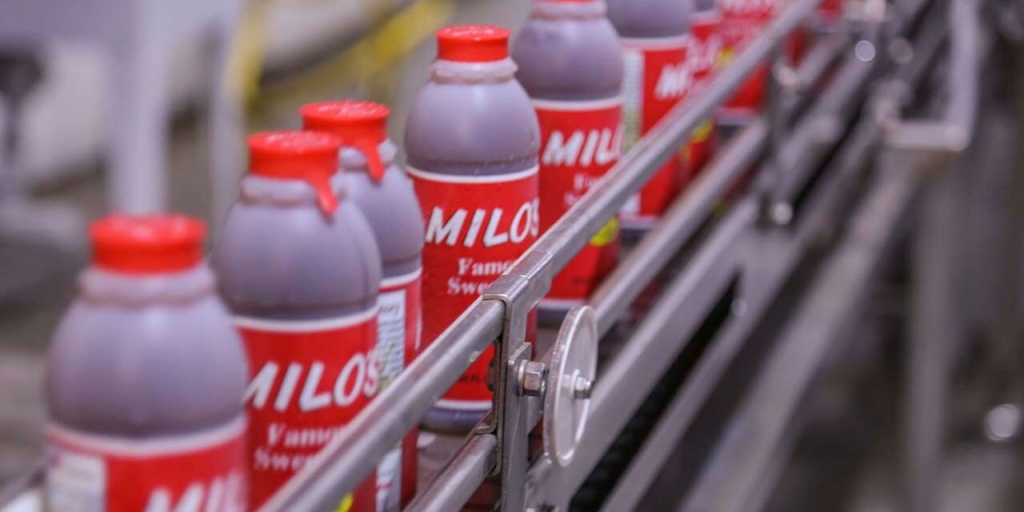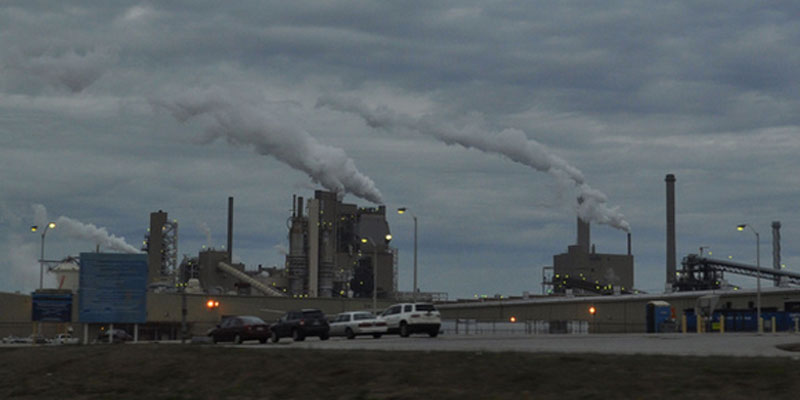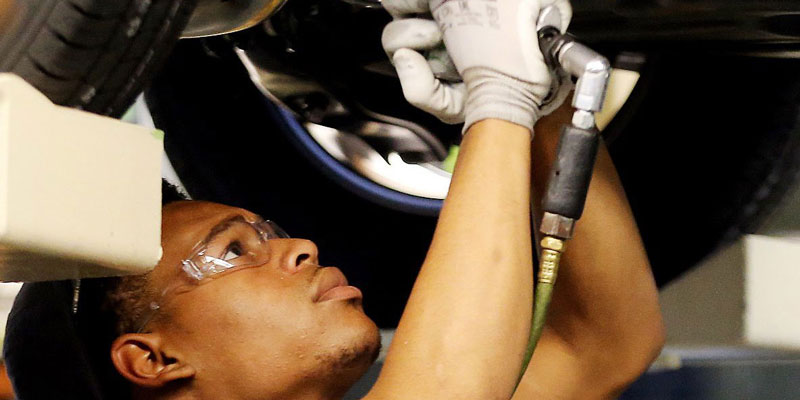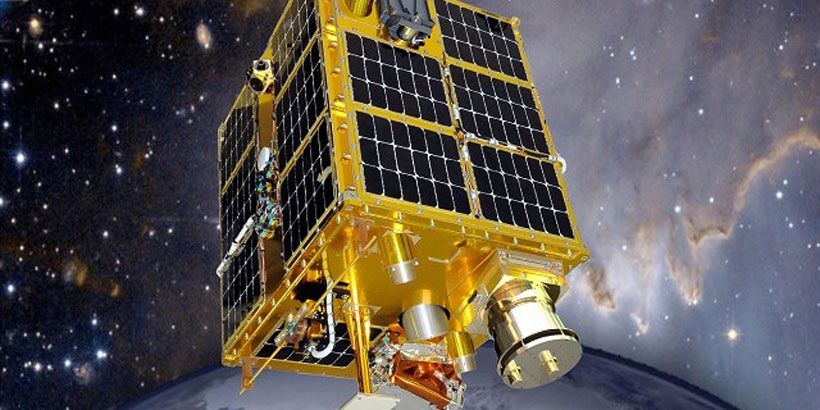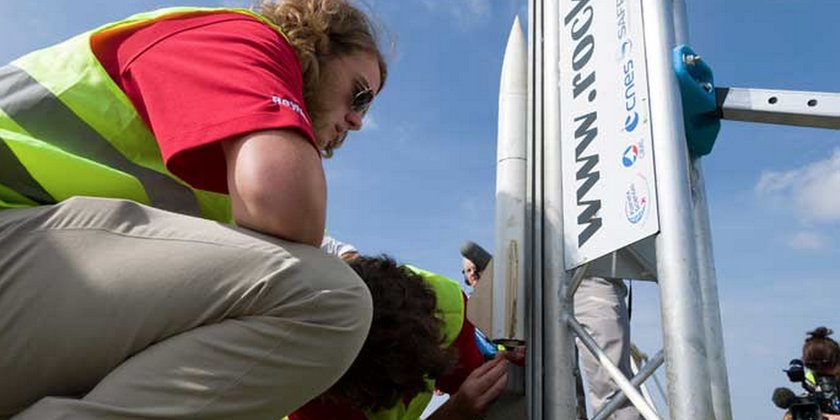
A student team from Russellville is aiming for even loftier goals after winning a major U.S. rocketry competition and then a high-profile international contest at this summer’s Paris Air Show.
The RCS Engineering Team, made up of seven middle and high school students from Franklin County, plans to follow its triumph in Paris by participating in the NASA Student Launch. The program — organized annually by the Marshall Space Flight Center in Huntsville — gets students involved in high-powered rocketry, where they are asked to design a rocket that can carry a scientific payload a mile into the air.
Unlike their previous single-day competitions, NASA Student Launch requires teams to present their rocket design to a board of engineers to receive approval to build a scale model and then a second round of approval before building the actual rocket.
“It’s structured like a real NASA project,” team captain Andrew Heath said. “It’s going to be a lot more strenuous, but we’re excited.”
The students first garnered attention by winning the Team America Rocketry Challenge (TARC) in May. It was the Alabama team’s first time to qualify for the national contest, and as its winner, aerospace giant Raytheon sent them to the Paris Air Show’s International Rocketry Challenge in June. They beat teams from the U.K. and France to claim the title.
It was not a case of beginner’s luck.
“The whole idea is that the students are in charge. The team was very driven from the beginning. They set the goal that they wanted to make it to nationals. They got to work quickly, and they worked hard throughout the year,” said Joseph Cole, a seventh grade math teacher and faculty sponsor for the RCS Engineering Team.
Following the victory in Paris, the Russellville rocket team returned home to a champion’s welcome. They met Homer Hickam, author of the bestseller “Rocket Boys.” Last month, they got a tour of Marshall Space Flight Center, which has been involved in the key U.S. space programs dating back to the Apollo moonshot.
“To me, the best part is that so many people in our community have reached out in support,” team member Chelsea Suddith said. “Even strangers are coming up and telling us how exciting it all has been.”
TRIAL AND ERROR
Getting to that point, though, required lots of work. They kicked off their program in January, a few months after most teams because the RCS Engineering Team competes in a robotics competition in the fall. To conquer the amount of research needed, the team assigned each member a specific area to specialize in throughout the year.
The 2015 RCS rocketry team roster looked like this:
- Andrew Heath, junior, design and construction specialist
- Cady Studdard, eighth grader, data specialist
- Chelsea Suddith, sophomore, recovery system specialist
- Christian Ruiz, sophomore, motor specialist
- Evan Swinney, senior, electronics specialist
- Katie Burns, seventh grader, CAD and CNC router specialist
- Niles Butts, junior, launch system specialist
The process of designing, building and perfecting their rocket required trial and error.
“One of the nice things about living in Russellville, Alabama, is there are plenty of open fields,” said Mark Keeton, a seventh-grade English teacher and faculty sponsor for the RCS Engineering Team. “There is one field about 10 minutes away from the school that we would go to launch on average three times a week.”
For the competition, teams had to design and build a model rocket that could travel to a height of 800 feet and return in 46 to 48 seconds. The rocket had to separate into at least two sections. The main section, containing a raw egg, could use only a single parachute as a recovery device. Scores were calculated based on how close the rocket came to the required height and time. A flight would be disqualified if the egg returned broken.
Launch after launch, the team studied the rocket’s design flaws and made adjustments until they had a consistently performing design. They did this while simultaneously gathering data about flights and weather conditions.
The team’s preparedness was tested in the days leading up to Paris when they lost all three of their rockets during practice launches. Losing rockets was not unusual—team captain Heath said they lost between 15 and 18 rockets in total—but the timing was only days before the international fly-off.
“We had no rockets and we were leaving in two days. So we spent two nights staying up until midnight, building rockets,” Heath said. “I think we all knew we had a pretty good design, and it was flying pretty well. We were confident.”
ENGINEERING A LIFT-OFF
As faculty sponsors, Cole and Keeton were always present as advisors, making sure the Russellville student team had everything it needed to compete. Tracy Burns, father of the team’s youngest member, Katie Burns, volunteered his time to be a mentor for the team. He works at the United Launch Alliance plant in nearby Decatur, where massive Atlas V and Delta IV rockets are assembled.
“He would come in and show the kids how to use some of the equipment that we have available to us. He took them under his wing, and the students took what he taught them and ran with it,” Keeton said.
With the new school year, the RCS Engineering Team will shift its focus back to robotics for the fall, but both Keeton and Cole expect to see more student interest in the spring’s rocketry program. And they are hopeful that their team’s success will encourage other local schools to get involved in the TARC program.
“Now that our team has done so well, there is a lot of buzz in the area,” Keeton said.






